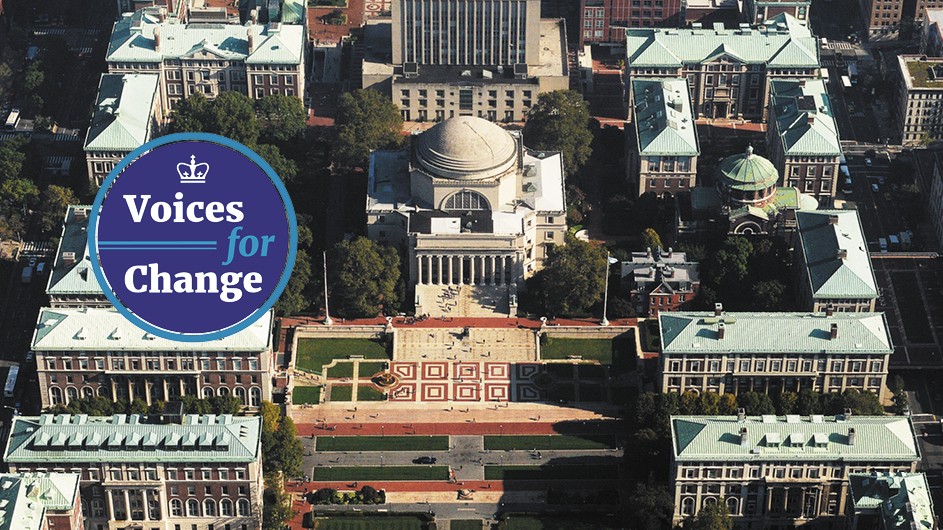Voices for Change

Lt. Fulp P. Goudswaard, Commander 3rd Platoon Columbia University Irving Medical Center, Department of Public Safety
Business as Usual Is Unacceptable
My biggest concern about the antiracism task force is that we are losing the sense of urgency, and this worries me. As long as people prefer to focus merely on good intentions the outcome of their behavior will not get the attention the subject deserves. Every "crisis" should open the door to improvement, but day-to-day reality shows that people tend to "manage crises" to be able to return to business as usual and they don't acknowledge that business as usual is the problem.

For decades I have been involved in antiracism efforts, both professionally and personally. My former partner is Black and together we were raising a child. For us the consequences of systematic racism were part of our daily lives. Every day, we experienced, each of us from our own perspective, what it meant to be an interracial family. While we appreciated the heart-warming reactions, we sometimes received from total strangers who admired our mixed-race family, it hurt and it made us feel uncomfortable.
In many ways, my department, Public Safety, is the front office of Columbia University. The first person visitors to our buildings meet is a Public Safety Officer. And first impressions count. No matter what we write in brochures, magazines, and on social media, if that first encounter does not reflect what has been presented in those communications tools that’s a serious customer service problem. If our department does not reflect the diversity of our students, staff, and faculty, we will never be able to provide the best level of service.
And diversity should not only be represented by the people in our front offices but also by the members in management and leadership positions. It’s simply good business. An organization that is not diverse will never be able to adequately serve a multicultural and diverse community.
Pay Attention to Overt and Covert Bias
Since racism cannot be seen as an isolated issue but rather as something that members of minority groups experience on a daily basis and since racism is often experienced more implicit than explicit, we have to pay attention to overt and covert bias during department briefings and one-on-one interactions between officers and supervisors.
During my classes for new hires, I always use real-life examples and dilemmas to make people aware that we all have biases and that the first step in minimizing them is to acknowledge that we have them. During those sessions, I try to explain that being biased sometimes does not make you a racist but that it can be damaging for the relationship with the people we serve.
Don't Tell Me, You 'Don't See Color'
The subject of racism is on my mind 24/7. It bothers me when people say: “I don’t see color.” Expressions like that give me the feeling that a lot of people do not see the urgency of actively working on an inclusive society.
Having been in an interracial relationship opened my eyes wider than ever before. We, as a family, felt it when we entered a restaurant and when we visited the ER, a government building or even a court room. I am not trying to say that all these institutions are racist, but feelings are facts. As a white male, I will never know how it feels to be black, but that is not necessary to make this world a better place.
Add Your Voice
We must start listening to what people of color tell us about how they feel and what they experience. We should not go on the defense with explanations based on intentions, but instead we should open our eyes to the real consequences of behavior and listen to how “business as usual approaches” are experienced by the members of the community we serve and members of minority groups working in our schools and departments.
Building an inclusive environment needs action instead of reaction and courage instead of playing safe.